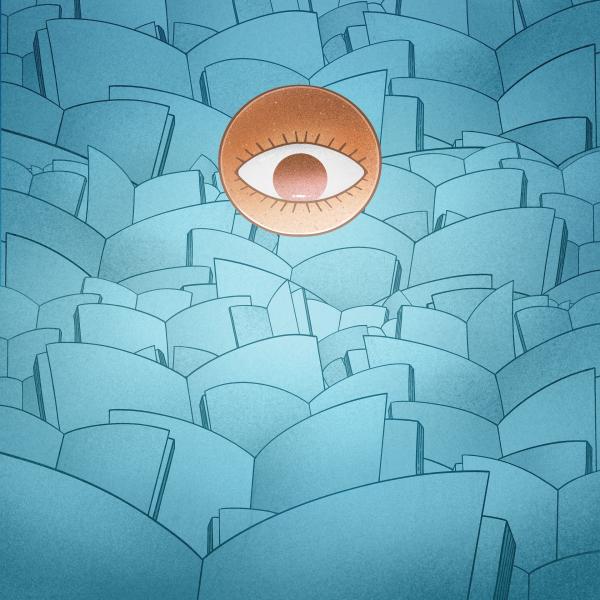My image of the town square with various community members offering their world views has always felt satisfyingly fair. And I suspect that early on, there was a lot of hope that the Internet would be a digital-scaled version of those town square discussions. Of course, that hasn’t been the case, and for a long time, I thought the problem was that you could readily identify the town idiot in the town square and discount their thoughts accordingly. The Internet is far more opaque; no one does know you are a dog, or even a dog bot, on the Internet.
“A particular feature of many online platforms is that, whether explicitly under their terms and conditions, or in practice because of lax enforcement of those terms, they allow users to be anonymous and to conceal or even misrepresent their identities. There are of course many good reasons why a social media user might want not to be identifiable. But allowing uncontrolled use of anonymous accounts presents challenges in terms of whether users can trust the posts they see.”
I was wrong, or more likely taking too simplified an understanding. This article, from Aeon, gets into some of the complexity, Trolls be gone
“The main premise behind the Great Barrington Declaration (GBD) was that people who were “not vulnerable” to grave effects of COVID-19 could be both easily identified and separated from “vulnerable” people. The mass infection of these “not vulnerable” people would lead to herd immunity and the end of the pandemic with minimal loss of life or economic impact. This policy approach was called “focused protection”.”
Has enough time passed to look at how we responded to the GBD and how the authors responded to us? From Science-Based Medicine, The Great Barrington Declaration Was Silenced. So Why are They Silencing Me?
How do you actually go about making a deal with the Devil? Is the Devil in the details? (I couldn’t resist)
“Well, you’ll be surprised to know that Satan and every other Devil isn’t that big on bureaucracy and paperwork. In general, it’s humans that require more formal contracts.
“The traditional version requires a contract signed with the blood of the person. An example of this is Theophilus of Adana, a priest who entered a blood pact with Satan to become a Bishop.
In fact, the idea that deals with the Devil had to be done in written forms was so entrenched, that Swedish courts in the 17th-18th century outright dismissed suspected cases of Devil dealing if there wasn’t an actual contract involved.”
A DIY guide from the blog, the Hasty Reader, How to Summon & Sell your Soul to Satan and other Devils
Pop-Quiz! Do you do more for animal welfare by being a vegan, vegetarian, or continuing to eat meat?
“A meat-eater, then, who donates $100 to the Humane League is saving 350 animals—over three times as many animals as they would maintaining a vegan diet for one year. There are other estimates of the effectiveness of this and related charities, but whatever numbers you use, the result is pretty stark—the animals killed or saved by altering your diet is pretty small compared to the good you can do for animals with a small donation.”
What up with that? It certainly seems contrary to commonsense. But many vegans choose this dietary pattern from ethical rather than economic concerns; for vegetarians, the diet may be more sustainable and healthy. From Nautil.us, You Can Save More Animals by Donating $100 Than Going Vegan




